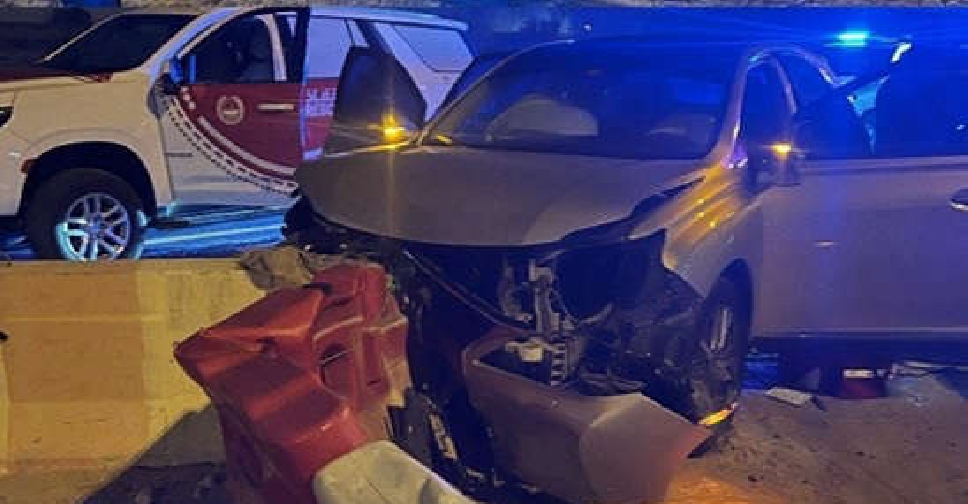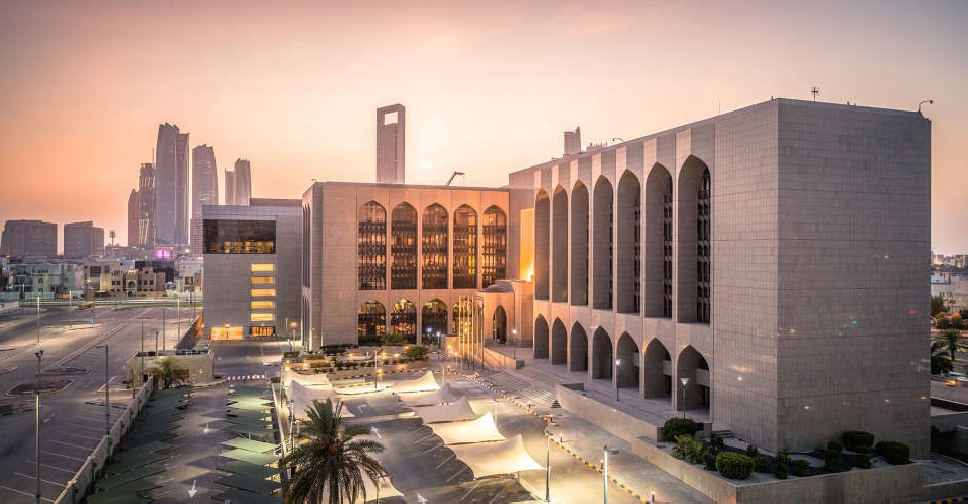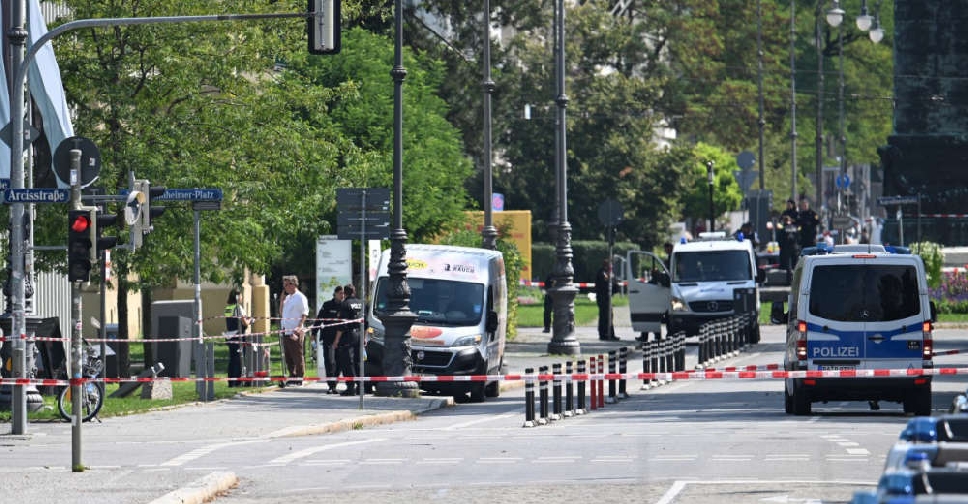
German police shot dead an Austrian gunman in Munich on Thursday in an exchange of fire close to the Israeli consulate.
Police said the 18-year-old man fired shots from an old carbine rifle with a bayonet in Munich's Maxvorstadt district, near both the consulate and a Nazi history museum, before being killed in a shootout with five officers.
The incident occurred on the anniversary of the 1972 attack at the Munich Olympics in which 11 Israeli athletes were killed. "There may be a connection between the two," Bavarian state Premier Markus Soeder told reporters, adding that this was being investigated.
The gunman was already known to Austrian authorities and had been reported to police last year for alleged membership in an extremist group, a spokesperson for Austria's Interior Ministry in Vienna said.
"We assume that he is a lone perpetrator who is radicalised," said Franz Ruf, Austria's general director for public security.
In a statement, Munich police described the incident as a terrorist attack with reference to the Israeli consulate, adding that the suspect's motivation was one focus of the ongoing investigation.
A Munich police spokesperson said the teenager was an Austrian citizen thought to be resident in Austria. He had recently travelled to Germany and lived in the Salzburg area, Austria's Standard newspaper and Germany's Spiegel news outlet reported.
The Israeli foreign ministry said its Munich consulate was closed on Thursday for a commemoration of the 1972 Olympics massacre and no one from the consulate staff was injured in Thursday's incident.
German chancellor Olaf Scholz said he was grateful for the quick reaction of the emergency services in Munich, which may have prevented something terrible from happening.
The shooting came at a time of heightened polarisation in Germany's political climate. On Sunday, the anti-immigrant Alternative for Germany (AfD) became the first far-right party to win a regional election since World War Two.
Politicians are also debating how to prevent violent crime following a spate of attacks, most recently in the northwestern city of Solingen where three people were fatally stabbed by a Syrian asylum seeker at a festival last month.
Israeli President Isaac Herzog said he had spoken to his German counterpart about the incident in Munich.



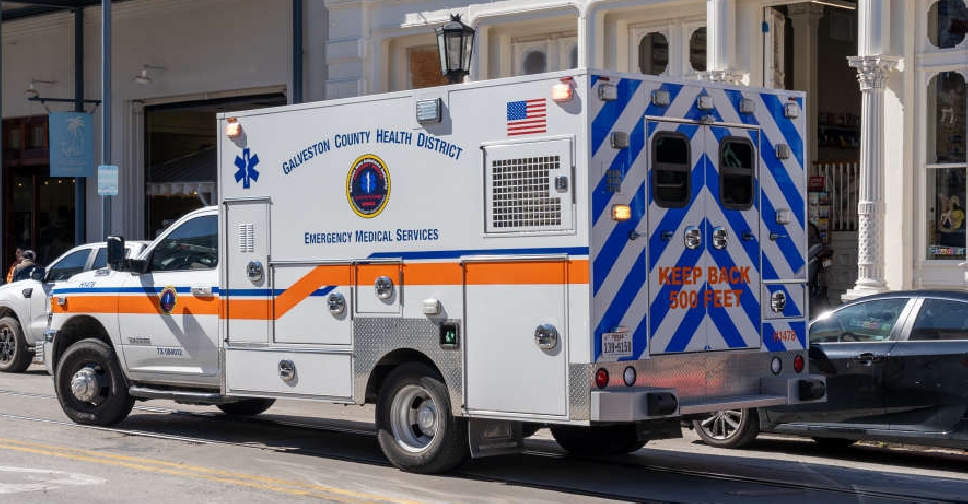 Five dead as Mexican plane crashes off Texas coast
Five dead as Mexican plane crashes off Texas coast
 Two killed in underground explosion at Polish coal mine
Two killed in underground explosion at Polish coal mine
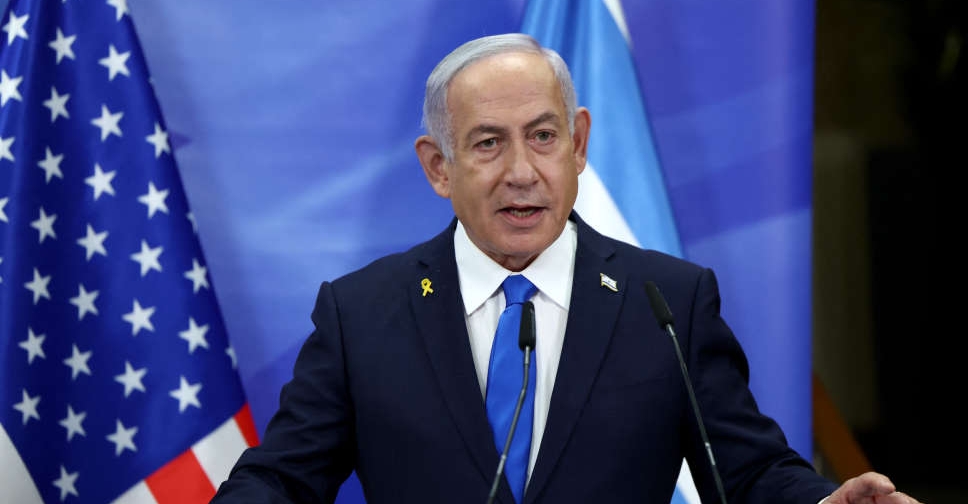 Netanyahu to discuss Iran, next phase of Gaza plan with Trump
Netanyahu to discuss Iran, next phase of Gaza plan with Trump
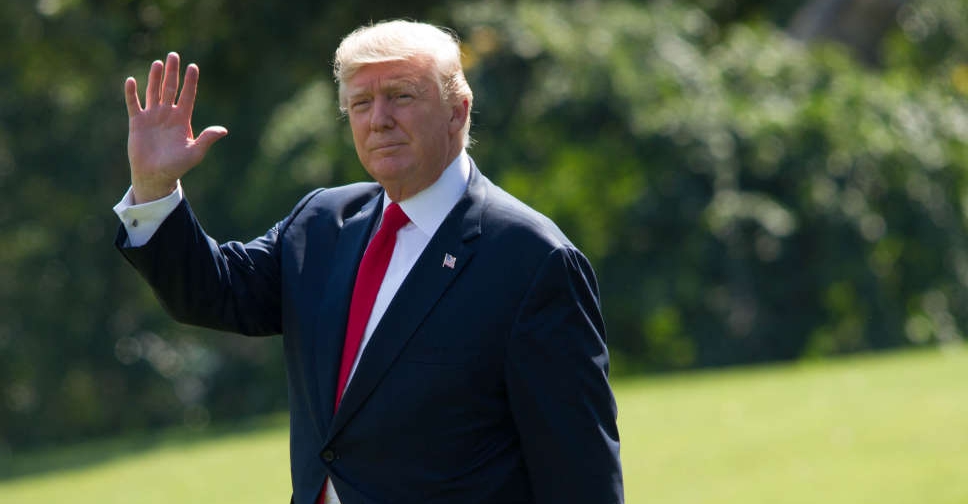 US President unveils 'Trump-class' battleships
US President unveils 'Trump-class' battleships

